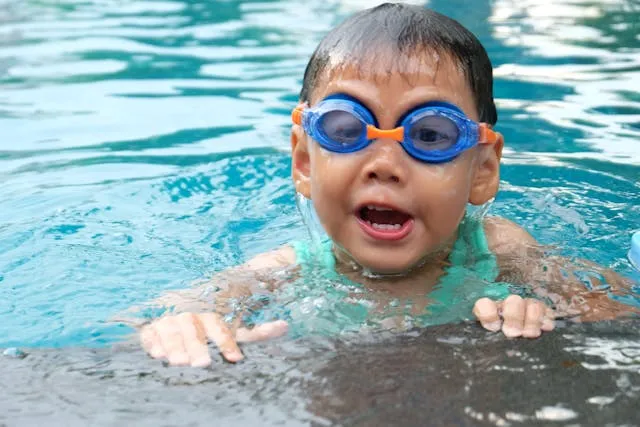A phased approach helps facilities move away from manual pass systems without confusing members or…

Should Swimming Pool Passes Be Issued for Infants and Small Children?
Swimming pools are a great way to have a little fun, but access to them comes with its own set of rules and regulations tailored to ensure safety, convenience, and order. One question that frequently arises while evaluating access control is whether infants and small children should be issued their own pool passes.
Why Consider Separate Passes for Children?
On a practical level, issuing passes to infants and small children may seem unnecessary. After all, young children, especially infants, are often accompanied by guardians at all times. However, from a management perspective, controlling access for everyone—regardless of age—can streamline access control.
Tracking Capacity and Safety
When every person has their own pass, pool managers can maintain accurate headcounts. This isn’t just about following regulations—it’s about ensuring there’s enough space for everyone to swim safely. Even the tiniest swimmer takes up pool space and requires attention from lifeguards.
For example, pool staff may struggle to keep track of infants and toddlers on a busy day at the pool with hundreds of attendees. Overcrowding can lead to safety risks, so keeping a headcount—including the tiniest swimmers—is crucial. Pool passes for children can help solve this issue, even if they’re simply free or symbolic.
Age-Appropriate Programming
Having passes for infants and small children helps pools better plan their programming. When facilities know exactly how many little ones to expect, they can:
- Schedule the right number of swimming instructors.
- Plan appropriate water activities.
- Organize suitable pool space for different age groups.
- Stock adequate safety equipment.
Building a Sense of Belonging
While the primary purpose of passes is functional, there’s also an emotional benefit to consider. Issuing them to infants and especially toddlers can make families feel more welcome. It sends a message that the facility values every member of the family, no matter how small. For young children, having their own pass can feel exciting. It’s a small but meaningful gesture that can help build their confidence and enthusiasm for swimming. This sense of belonging can encourage repeat visits and foster a positive relationship between families and the pool.
How to Simplify the Process
For facilities concerned about the logistics of issuing physical passes to infants, technology offers simple and efficient solutions. E-passes, which can be stored digitally on a parent’s smartphone, eliminate the need for physical cards and reduce environmental impact. Parents could register their children online, and the e-pass could include details such as the child’s age and access permissions, all linked to the family account.
Additionally, facilities could implement wearable solutions like color-coded wristbands, which are both easy to manage and child-friendly. For example, a blue band could signify an infant, while a green band might indicate a toddler. These wristbands could also incorporate QR codes, allowing staff to quickly scan and verify access.
Issuing passes to infants and small children makes sense in today’s safety-focused world. It’s not about bureaucracy but creating the safest, most enjoyable swimming environment possible. To further incentivize parents, facilities could offer free e-passes or heavily discounted wristbands for infants and toddlers, ensuring accessibility for all while streamlining operations.
If you’re a pool operator looking to improve your pool’s access control, our team at Access Granted Systems can help. We specialize in helping pools enhance their technology offerings, from e-passes to wearables. Contact us to schedule a demonstration!




This Post Has 0 Comments